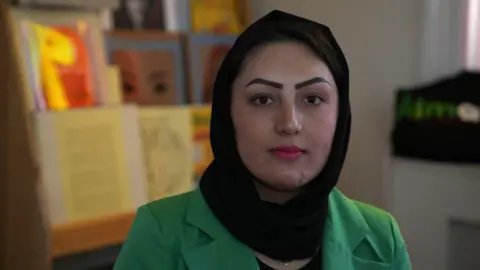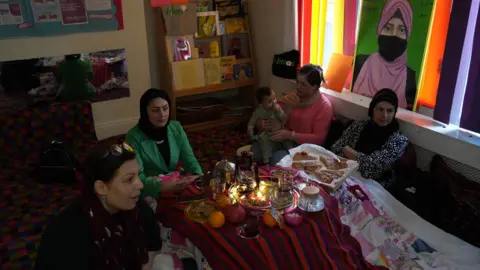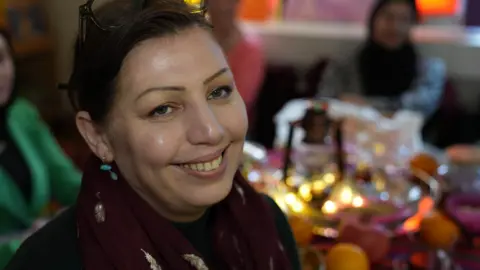Karin Decker, the Chargé d’Affaires at the U.S. Embassy in Afghanistan, stated that Afghanistan’s future is bleak without the participation of girls. She emphasized that Afghan girls deserve learning, growth, work, and advancement opportunities.
On Friday, October 11, Decker wrote on the social media platform X to mark International Day of the Girl, reaffirming that the U.S. mission tirelessly supports the right to education for Afghan girls.
“The U.S. advocates tirelessly for Afghan girls who face barriers to education and basic freedoms because every Afghan girl deserves the chance to learn, grow, work, and thrive. The future of Afghanistan cannot be assured without their contributions,” Decker said.
October 11 is designated as International Day of the Girl. On this day, many international human rights organizations and women’s rights activists reiterated the importance of girls’ education and called for the removal of restrictions on Afghan women.
Rosa Otunbayeva, head of UNAMA, announced on International Day of the Girl that it has been 1,120 days since the Taliban banned education for girls. She highlighted that Afghan girls are suffering more each day and that Afghanistan is regressing instead of progressing.
The United Nations Children’s Fund (UNICEF) issued a message on International Day of the Girl, stating that collective action is needed to support and remove barriers for Afghan girls. The organization emphasized the importance of investing in women’s movements and amplifying the voices of “Afghanistan’s courageous girls.”
The ongoing denial of educational opportunities for Afghan girls is a critical issue that demands urgent attention from the international community.
Supporting their right to education not only empowers these young women but also contributes to Afghanistan’s broader development and stability. Global leaders and organizations must work together to ensure that Afghan girls can realize their potential and shape a brighter future for their country.
 Afghanistan Peace Campaign
Afghanistan Peace Campaign








